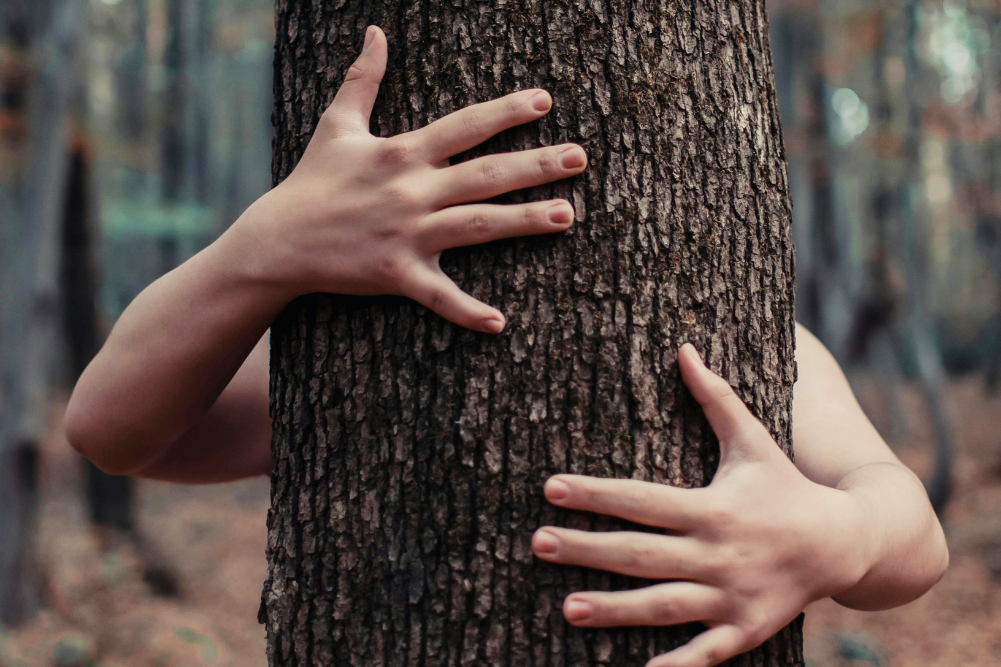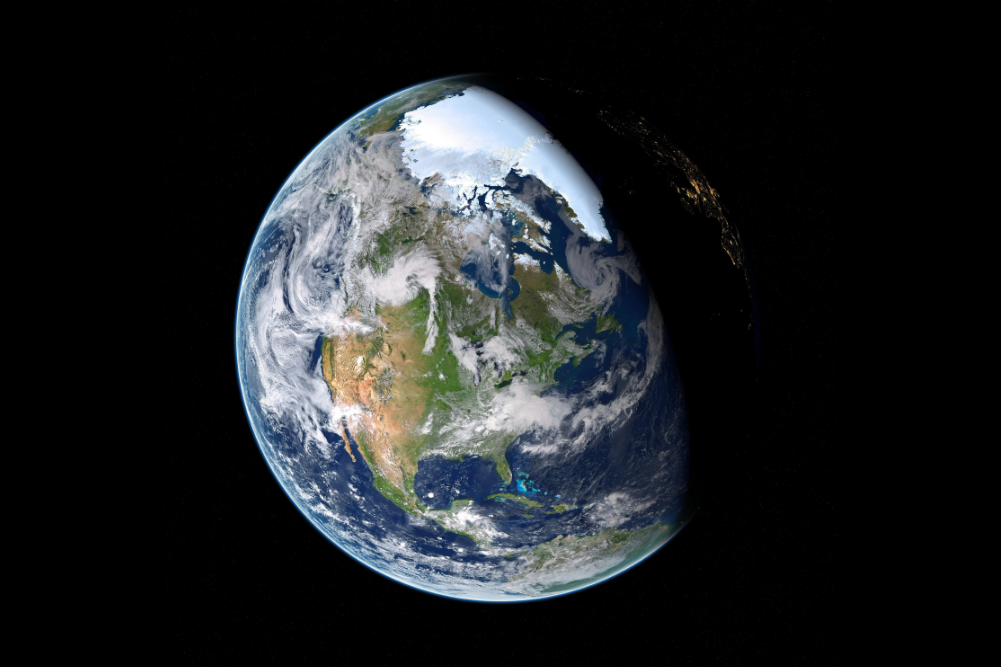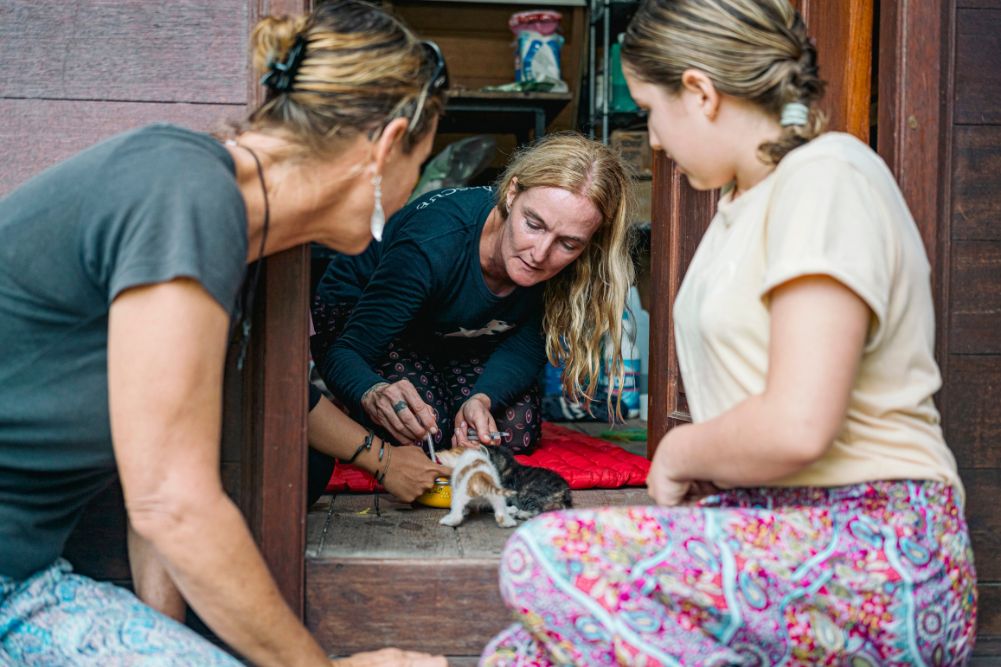How to reduce waste for sustainable living
Every day Australians produce thousands of tonnes of waste. This waste has a double impact on the environment. First, it represents a massive waste of valuable resources. Second, because we still throw out so much physical rubbish, we’re rapidly using up our precious land as rubbish tips.
We can all do our bit to solve these problems and promote sustainable living. You’re probably already helping now by recycling paper, aluminium cans, glass and plastic bottles. Recycling is a good beginning, but to help build a sustainable future we need to do more than recycle. We must break the waste cycle to promote and embrace sustainable living.
Shopping for sustainable living
One of the best ways of reducing waste for sustainable living is to avoid it in the first place. Many products come in unnecessary packaging. If there’s a less wasteful alternative to what you buy, make the change. Here’s how to get started:
- When you’re out shopping choose things with less packaging, reusable packing or none at all.
- Many products, including deodorants, moisturisers, dishwashing liquids, sauces and spices, now come in re-useable or refillable packs. Check out the alternatives next time you shop.
- Buy things that last — avoid disposable goods like paper plates and plastic cutlery. Why not invest in rechargeable batteries or solar products which can save you money in the long term?
- If you really think about it, most plastic bags are unnecessary. Take your own bags when you shop or ask for a cardboard box at the supermarket. If something’s already packed, it doesn’t need a bag — just put it in your own box or bag.
- Buying in bulk not only saves on packaging, it can also save you money.
- Next time you’re out shopping buy your fruit and veg loose instead of pre-packaged in plastic.
- Junk mail like advertising flyers can end up as litter in our streets and waterways. If you don’t read junk mail, put a ‘no junk mail’ sign on your letterbox.
Sustainable Compost
Gardening is a great source of enjoyment for many Australians. However, garden waste can harm the environment, especially if it finds its way into the stormwater drains and then the waterways. Decaying garden clippings and other waste can decrease oxygen levels in streams and rivers, killing fish and other aquatic life. Garden and food waste can be composted into valuable resources you can put back on your garden to promote sustainable living.
Recycle organic waste at home — by conventional composting, worm farms or by using council collections if available. Composting helps keep garden and food waste out of rubbish tips and also returns much-needed nutrients to our soil. You can compost anything organic except meat, fish, bones and animal droppings. Most modern compost methods work within six weeks. If you live in a unit in the city, don’t despair — you can still compost and support sustainable living. Put a worm farm out on your balcony.
Next time you mow the lawn, leave the clippings on the lawn to fertilise it. Alternatively, you can put your grass clippings around the base of your trees and plants. The clippings act as mulch and have the added bonus of helping your plants conserve water.
Recycling for sustainable living
Over the years we all tend to accumulate things, from clothing that "might just fit one day" to kitchen goods and building materials. Before you decide to cart the lot to a landfill, stop and think about your alternatives that can support sustainable living. There are lots of things you can do with items you think are useless:
- Consider repairing items before you throw them out. For instance, broken handles on gardening tools can be replaced, and it’s often not that expensive to repair appliances.
- You can use old glass jars to store nails, food and other small items.
- If your old sofa’s looking a little dated or even ragged, get it recovered in the latest fabric rather than buy a new one.
- Reuse gift-wrapping.
- Instead of throwing away your old takeaway containers, use them for storing leftovers. Also, next time you get takeaway, ask them to leave out unneeded plastic cutlery.
- Use the backs of envelopes to take phone messages or write out your shopping lists.
- Empty roll-on deodorant bottles are great for painting with small children. Wash them out, fill them with paint and have fun!
- Reuse old building materials. Most building materials are easy to reuse and recycle. If you’re renovating, using secondhand materials can also save you money — but watch out for hazards like lead and asbestos. If you can’t find a use for your old junk, don’t panic. There are lots of ways to get rid of old things without throwing them away. That way, you can be sure you’re doing your bit for the environment (and probably helping someone else out along the way, too).
- Hold a garage sale. You could even join up with your neighbours or relatives.
- Donate to a charity or local fete. Many charities need clothing, blankets, toys and furniture. Call them to see if they need your items.
- Take your old goods to a Reuse Centre or secondhand dealer — they often take a range of items including hardware, household appliances and electrical goods, books and stationery, containers, plumbing supplies, whitegoods, building materials, toys, art and craft materials, furniture, kitchenware, timber, garden products, Automotive goods, collectibles, bric-a-brac and even used motor oil. To find out if there’s a Reuse Centre near you call Resource NSW on Ph: 9261 2777 (this only applies in NSW).
Sustainable living at work
Once you’ve done your bit at home, why not tackle waste reduction to support sustainable living at work. Many offices use large quantities of our natural resources in their day-to-day business. Small changes to the way we use these resources really do add up — for instance, using both sides of a sheet of paper cuts consumption costs by half.
If your office doesn’t have a recycling or waste management plan, get cracking with these tips or visit www.wrapp.nsw.gov.au for advice on how organisations can avoid waste and turn it into valuable resources:
- Try to avoid using polystyrene cups and straws. Why not take your own mug to buy your takeaway coffee — some cafes even offer cheaper brews if you bring your own cup.
- Reuse all paper that has printing on only one side; photocopy and print double-sided.
- Always use recycled paper for printing and photocopying. Recycled doesn’t mean rough low-quality paper — there are some fantastic brands on the market. Also look for unbleached papers and ask your company to use biodegradable inks.
- Recycle your toner cartridge — many companies have recycling schemes where they’ll come and collect your empty cartridges. Also think about recycling old computers and office equipment — your local school or charity is a good place to start.
- Make sure everyone in the office has a paper recycling box at their desk; that way, there’s no excuse for not recycling. If you’re really serious, replace all the office employees’ wastebaskets with one bin per floor. That bin should be used only for waste that can’t be recycled or reused.
- You could install a worm farm in your office. Not only will the worms take care of your food scraps, but they’ll make short work of shredded paper, too. While you’re at it, set up aluminium, glass and plastic bottle recycling stations.
- Don’t forget you can re-use envelopes, folders and other office stationery — set up a separate shelf for this in your stationery cupboard.
- Email is fast, efficient and a great way to minimise paper use. Email documents to your colleagues and encourage people to read on-screen rather than print things out. There are also electronic archiving systems available if you want to create a ‘paper-less office’.
- If you have smokers in your office make sure there are cigarette bins stationed where they take their breaks. Cigarette butts are the single most common litter item in Australia and millions end up in our waterways each year. For more information about litter and its environmental impacts visit www.epa.nsw.gov.au/litter
- Why not sponsor your local school to undertake an environmental project? There are plenty of ways you can contribute to creating a sustainable future. Reducing waste in your home and office is a great start. By reusing items, recycling and reducing waste you’re saving valuable resources and helping our environment. That’s something to feel great about!







